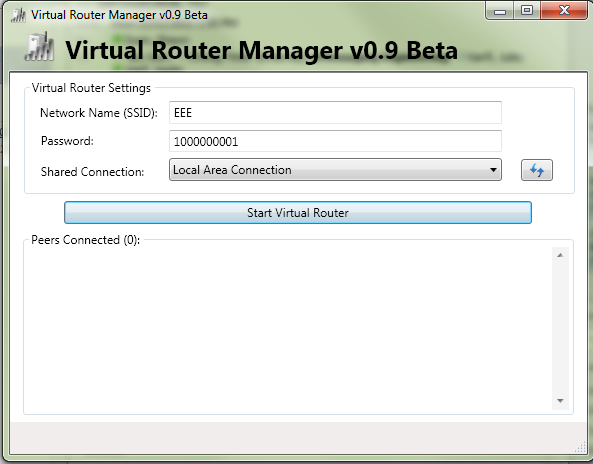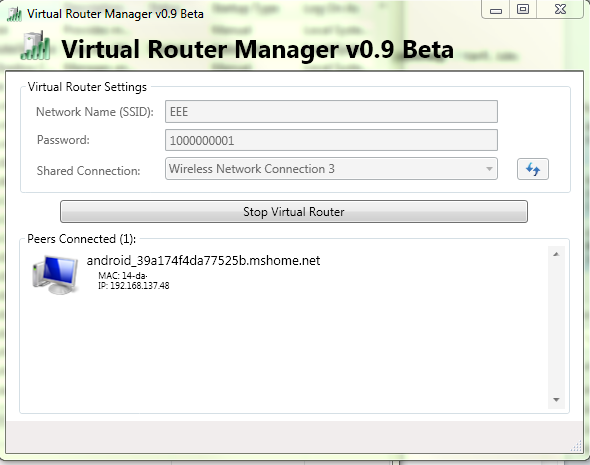So
o... I seem to be writing an aweful lot about RIM, which is not what I had intended to do on this blog... but I can't help it, there is just so much news about it and I am sad to see them in their current state. I have worked with RIM so long and can hardly remember when I didn't have a Blackberry in my hand, I really do wish I could be writing with excitement rather than frustratio.nk
So not too long after I had made my declaration of the RIM deathwatch, we get an earnings report from the company. Which includes:
- nkA significant decline in revenue
- Official delay on the first Blackberry 10 phones until the latter half of 2012
- co-CEOs now working on a $1 a year salary
- Assurances that they will beN turning RIM around once the new smartphones are released.ke
Essentially things we already knew or expected regarding the decline in revenue and everything else we expected to hear with missed targets and more assurrances.
I am not even sure where to start with this because there really is no hope. Sooner or later all the RIM investors are going to be clamoring for Mike & Jim's heads on a pike and someone to get in there and give them value for their investments. Given that the QNX OS is not even close to being mature that would lead me to believe we will inevitably see either a split in the company or the sale of it or it's patents.
I am flabbergasted... How can a company with the mountain of mistakes that have been made retain the same structure? Does anyone at all give 2 cents about the fact that the co-CEOs are going to be making $1 a year? The savings are peanuts in comparisons to the money that RIM will be bleeding in the next year or two. Also... does a $1 per year salary make the CEO's any less dilusional (since they will probably make it up in stock)?
Speaking of delusional, why would anyone think that ramping up spending on marketing the Blackberry 7 platform is a good idea or would even change perception? Does anyone have faith that this will change anything at all? People need an ecosystem and a decent phone experience, I hardly believe that there is a phone store in the world that would be pushing Blackberry phones these days, particularily because of the requirement to lock people into 3 year data contracts. They don't have a plan, that much is obvious from the delays that they keep announcing, particularly the delay to the native e-mail for the Playbook... how hard is that? Everyone has lost faith in you RIM, you need to admit that there is something wrong and do something about it.
I don't think anyone can believe anymore that you can turn it around. You had a good opportunity to build the official iPad competitor, you were in at the right time with the right hardware but with no software or integrated experience. You could have stood a chance and shown the world how good QNX can be, but you rushed it to market as an incomplete product and blew it. Now there is far too much pressure on you to bring your saviour phone to market and when it does come to market, it will be too late. You haven't fixed Playbook, so what should make us think that you are going to have a capable phone with the same OS? The OS is immature and there is not enough time to catch up to the likes of iOS and Android. This next phone will be your make it or break it phone... if you want to stand a chance make sure it is 'actually' ready, just as good as the old ones, but on even footing with all the new smartphones. Anything less will be the last nail in your coffin, as sorry as I am to say that.



